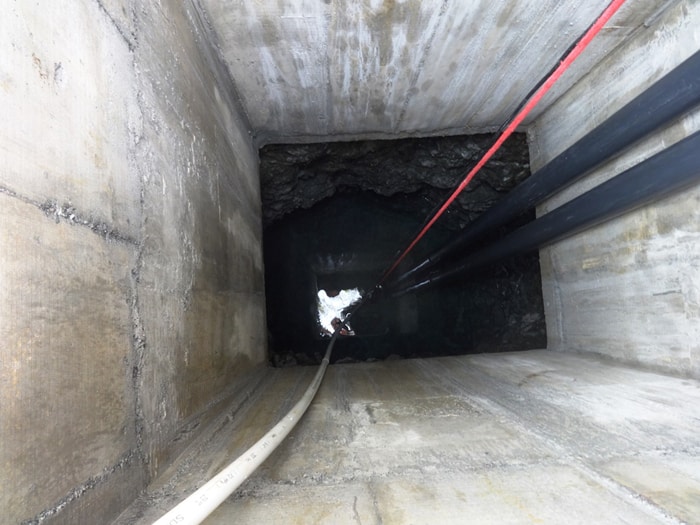Costa Rica’s push to modernize its water management with a new Integrated Water Resource Management (IWRM) law has hit a rough patch. Environmental groups, with over 100 organizations voicing opposition, argue the bill takes a big step backward on environmental and social fronts. While the 1942 Water Law needs an update to handle today’s population of 5 million and 2–3 million annual tourists, critics say this proposal misses the mark.
One major issue is the plan to shrink protection zones around springs and aquifers without requiring technical studies or guarantees. These zones are critical for maintaining water quality and ecosystem health. Reducing them could fragment forests, harm biodiversity, disrupt the water cycle, and make the country more vulnerable to extreme weather, like droughts and floods, which are becoming more common due to climate change.
The consequences are already clear in Cartago, where communities like Cipreses and San Pablo have faced water contamination. Springs serving thousands of residents were tainted with chlorothalonil, a fungicide linked to agriculture. A 2016 study by the Center for Research in Environmental Protection found that 80% of some spring protection areas are compromised: 44% by intensive farming, 33% by pasture, 3% by infrastructure, and just 20% by forest. Instead of protecting these springs, the government raised chlorothalonil limits—a move later ruled illegal by the Constitutional Chamber. On a brighter note, Health Minister Mary Denisse Munive banned chlorothalonil in November 2023, a step activists like Fabián Pacheco have celebrated.
Another sore point is the bill’s allowance for real estate projects, like tourist condos, to drill private wells if the Costa Rican Institute of Aqueducts and Sewers (AyA) can’t meet demand. This rule doesn’t differentiate between small community projects and large private developments. In coastal areas, where tourism is booming, this could fuel uncontrolled growth, displace locals, and strain ecosystems. Past water crises, like in Manuel Antonio National Park, show how overdevelopment can overwhelm water systems, leaving hotels reliant on AyA water tankers.
Environmentalists are also alarmed by the bill’s proposal to grant amnesty to illegal wells without studying their impact. This move could reward illegal drilling and threaten aquifer sustainability, especially as groundwater supplies 60–90% of Costa Rica’s drinking water. “The climate and ecological crisis demands water management that’s fair, democratic, and respects nature’s cycles,” environmental groups stated. They worry the bill favors extractive industries over long-term sustainability.
The Grande de Tárcoles River, one of Central America’s most polluted basins, highlights the stakes. Despite Costa Rica’s green reputation, only 15% of collected sewage is treated, and untreated wastewater pollutes rivers and aquifers. The bill, still under debate in the Legislative Assembly as of now, doesn’t adequately address these systemic issues, critics argue.






